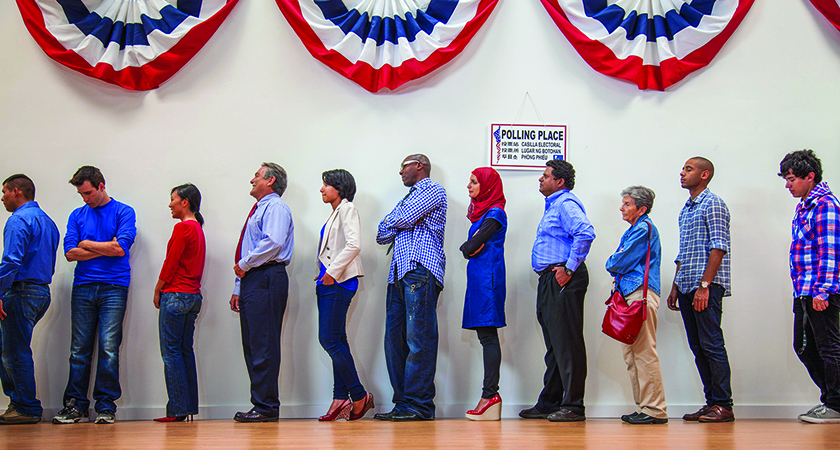COVID-19 takes its toll on local news coverage
Ken Paulson
Apr 16, 2020
Three handy tips for coping with COVID-19: Wash your hands frequently. Wear a mask outdoors. And subscribe to a local newspaper or website.
When this crisis is over, we’ll return to the rhythm of our usual work and play, but in many cities across the country, local news organizations may be gone or badly diminished.
I’ve written about the need to fund local journalism before, but this time there’s a special urgency. The economic factors – revenue streams destroyed by digital disruption – that endanger local news organizations have accelerated with COVID-19. The advertisers that still support local news – bars, restaurants and entertainment venues – aren’t advertising when their doors are shut, yet newsgathering and distribution costs remain.
Most vulnerable are alternative weeklies.
On March 19, Joshua Benton of the Neiman Lab offered this assessment: “This has, without a doubt, been the single worst week in the history of America’s alternative press. They’re facing a double blow: Not only have their main advertising sources dried up, so have their main points of distribution. (Where do you pick up an alt-weekly? At a bar, at a restaurant, at a theater — all the places that have gone dark.)”
Local community weeklies and dailies face the same challenges.
“I’m hearing 40% to 60% drops in revenue over the last 30 days,” Dean Ridings, CEO of the weeklies trade association America’s Newspapers, told Bloomberg News. “The advertisers are the local mom and pops, the retailers, the restaurants, who are understandably canceling their advertisements.
“We could be approaching an extinction event for some publishers,” industry analyst Ken Doctor told The Philadelphia Inquirer. “It will depend on the condition of those businesses before the virus, and how long this whole thing lasts.”
If you have a good local newspaper, you know how your mayor and city council are addressing the crisis. You know what’s open, what isn’t, and the state of education and government services. You’ll see opinion columns and editorials assessing how well the public sector is serving you and how things could still be improved. Local television has many strengths, but those are not among them.
And if some believe they can rely on social media moving forward, they need to think again. Social media without real local news becomes a festival of cat pictures.
I know newspapers are old-school and it’s tough to market a product that was introduced to America in 1690. But maybe you’d find it easier to write a check if we re-brand local news organizations as “information concierges” who will provide a report tailored to your community in real-time and maybe even hand-delivered to your home each morning. Cutting-edge stuff.
We don’t want to sit down with our grandchildren one day and say, “You won’t believe this, but in the old days, our phones had to be hooked to a wall, we only had four channels of television, and there were people paid to tell us what our government was up to.”
America can’t afford to lose local news.
Ken Paulson is the director of the Free Speech Center based at Middle Tennessee State University.









